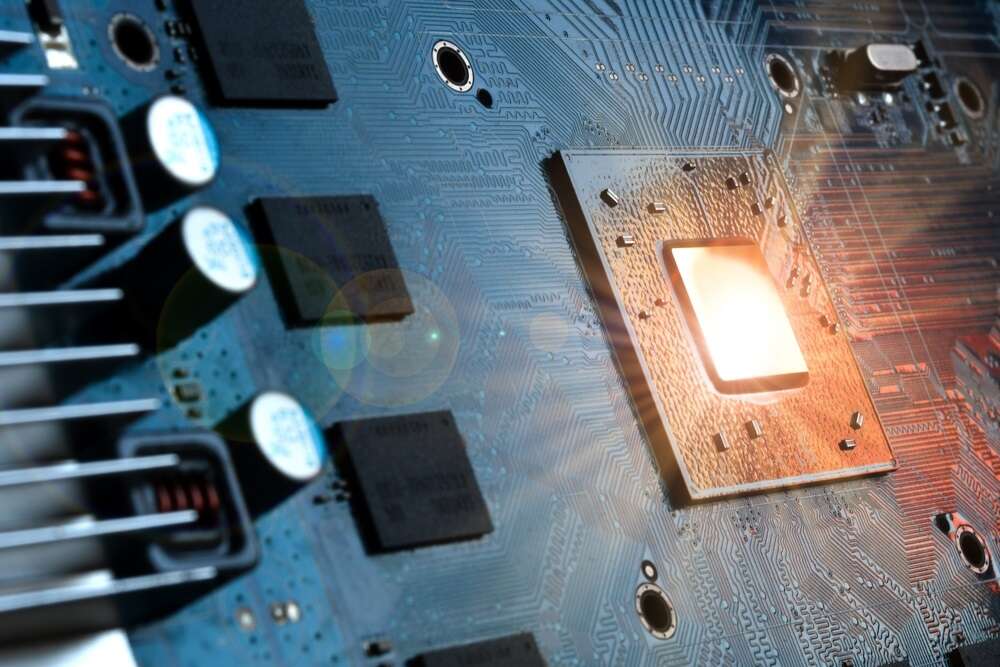
Revenues from the sale of AI chips will increase by 33% this year. In its latest report on the state of the semiconductor industry, market research firm Gartner said that rising demand for semiconductors capable of supporting AI functions in data centres would see the market for these specialist chips expand to approximately $71bn.
Sales will continue to rise beyond 2024, explained Gartner’s VP analyst Alan Priestley, with the market for AI semiconductors expanding to almost $92bn by next year. The market of AI accelerators in servers, meanwhile, “which offload data processing from microprocessors will total $21bn and increase to $33bn by 2028,” said Priestley.

AI chips revenue rising
This year, Gartner said revenue from AI chips in the computer electronics market is likely to hit $33.4bn – 47% of the total revenue for AI chips. Meanwhile, the share occupied by automotive electronics will be approximately $7.1bn, while sales of AI chips in consumer electronics will generate revenues of $1.8bn.
As indicated by the outsized share of revenues coming from the computer electronics market, most demand for AI chips is being generated from the data centre market, where graphics processing units (GPUs) – the most common type of AI chip – can be used at scale to train and tweak new large language models. While the GPU market is currently dominated by Nvidia, which announced a 427% growth rate in its data centre business, hyperscalers like AWS and Microsoft Azure are also increasingly interested in developing their own AI chips better suited to the vagaries of their models and software.
AI PC market heating up
Gartner predicts the AI PC market is also likely to expand rapidly. According to the market research firm, 22% of the PCs shipped this year will be AI PCs. By 2026, it added, they are likely to begin subsuming the entire marketplace for enterprise PCs, with 100% of purchases in this sector being AI PCs.
That market is already heating up. Last week, Microsoft unveiled a new product line of laptops named ‘Copilot + PC’ that it claimed would allow consumers to harness AI to automate photo editing tasks and find previously visited websites and documents using a new encrypted snapshot capability (a potential “privacy nightmare” according to some privacy campaigners.)
“We are entering a new era where computers not only understand us,” said Microsoft’s chief executive Satya Nadella at the line’s launch event last week, “but can anticipate what we want and our intents.”






